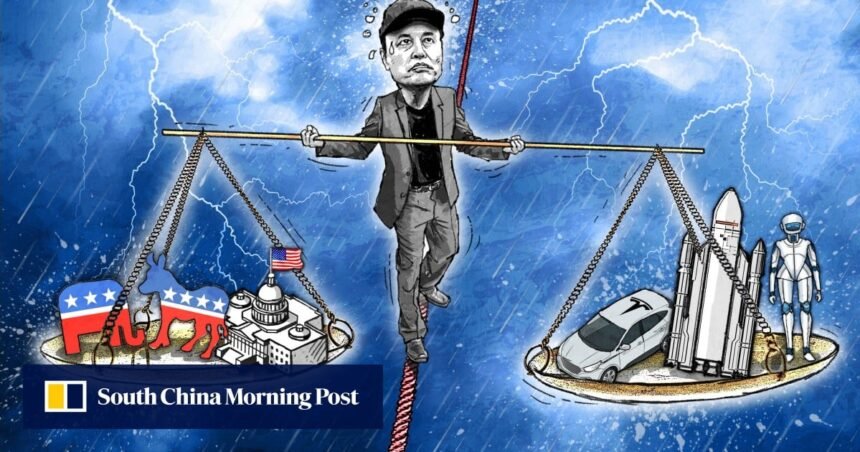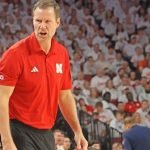Convinced that his vision for the future of artificial intelligence was superior to that of OpenAI head Sam Altman and former Google chief executive Larry Page, Elon Musk cut ties with Page and parted ways with OpenAI, which he helped found in 2015.
In the heat of the dispute, he floated the idea earlier this month of forming a third party to fix what he sees as a broken electoral system.
“Is it time to create a new political party in America that actually represents the 80% in the middle?” he asked his 230 million followers on X, the social media platform he owns. Around 80 per cent of respondents voted yes.
Musk reacted by sharing a potential name: “the American Party”.
But does the tech titan really have a future in politics? In a 2023 biography by Walter Isaacson, Musk himself admitted that he had a “habit of biting off more than I can chew”. His younger brother Kimbal, who sits on the boards of Tesla and SpaceX, both Musk companies, described his sibling as a “drama magnet”.
A leader in industries capable of determining a nation’s future economic success, Musk in the past year seemed determined to inject drama into politics, both in the US and abroad.











